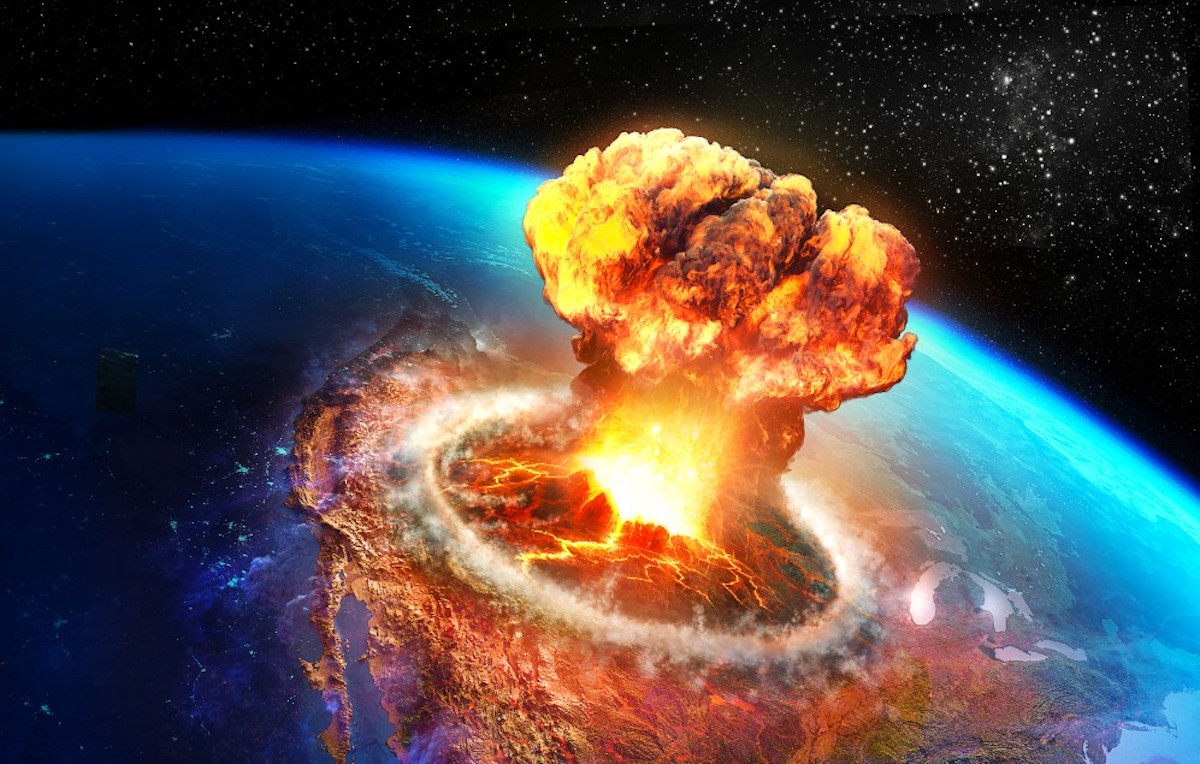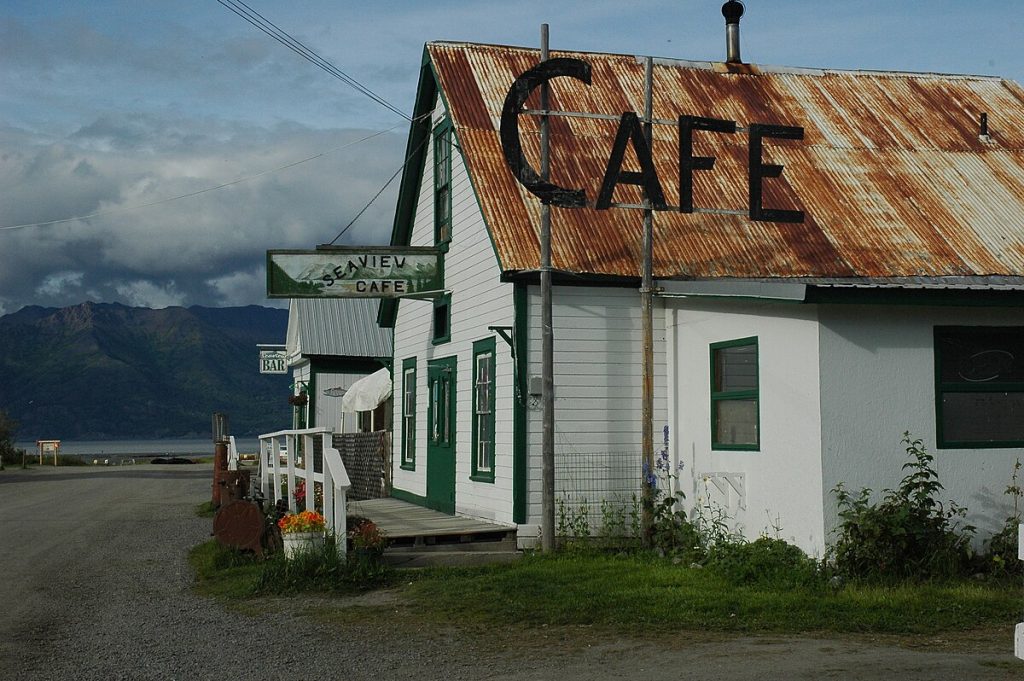Prepare to be astonished and perhaps a little spooked as we delve into the top seven most alarming scientific discoveries. Nature, it seems, has a penchant for the eerie!
1. Climate Change
The Earth’s delicate balance is disrupted by the highest levels of carbon dioxide in the last 14 million years. Global warming consequences, including droughts, floods, and salinization, threaten agriculture, potentially leading to food crises and the extinction of certain products. Brace yourself for new epidemics as global warming awakens prehistoric viruses in glaciers.
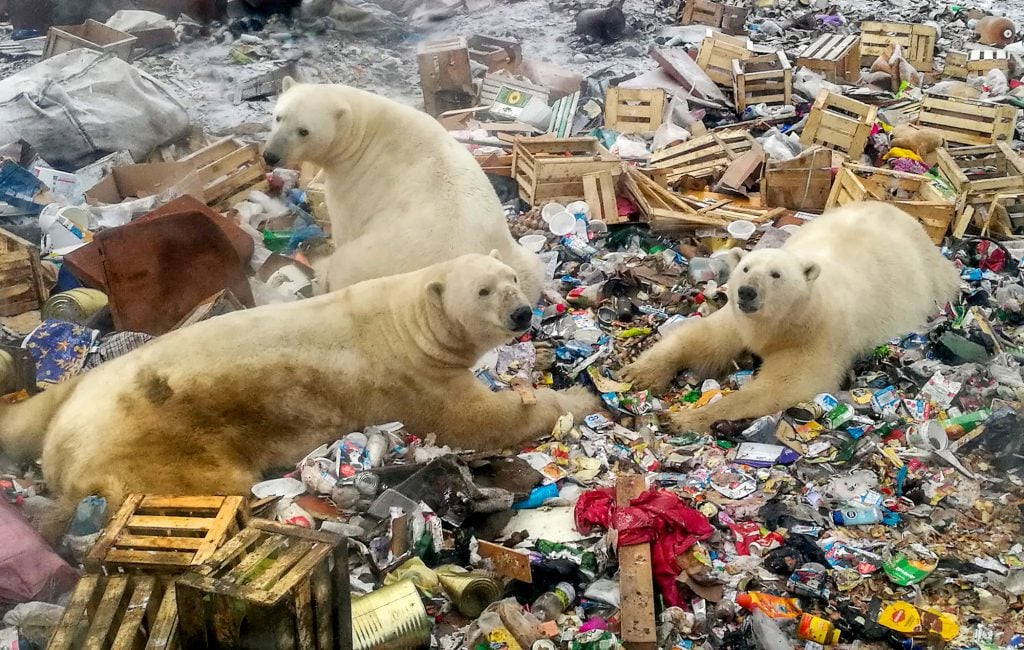
2. Yellowstone Supervolcano
Beneath the seemingly serene Yellowstone National Park lies an ancient supervolcano. If it erupts, as scientists suggest it might, the world could either face destruction or be plunged into a new dark age.
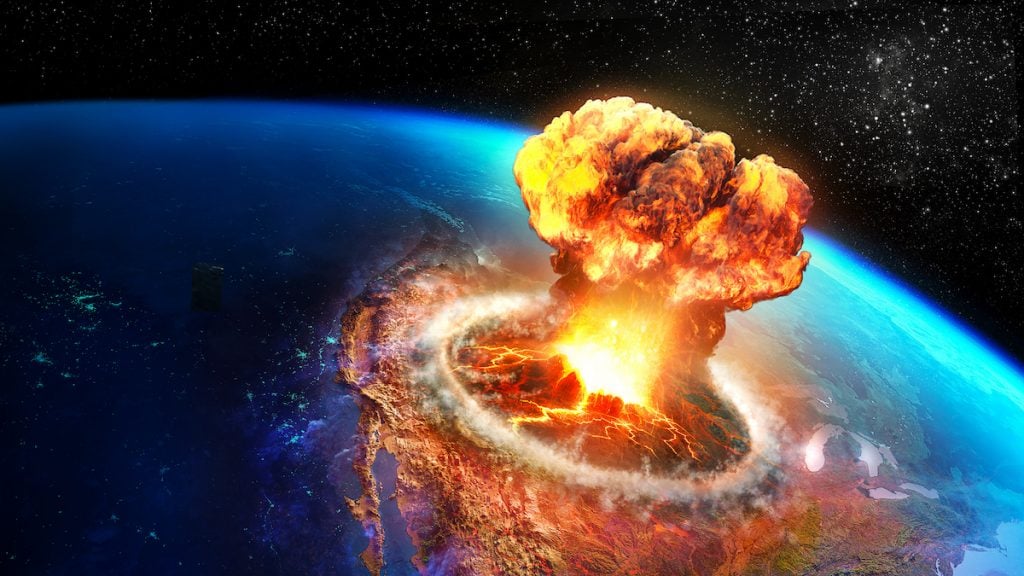
3. Invisible Germs
Imagine a time before the 19th century when humanity was oblivious to the existence of germs. Today, trillions of these tiny organisms surround us in the air, water, food, and even within our bodies. The revelation of their presence, though known, still sends shivers down the spine.
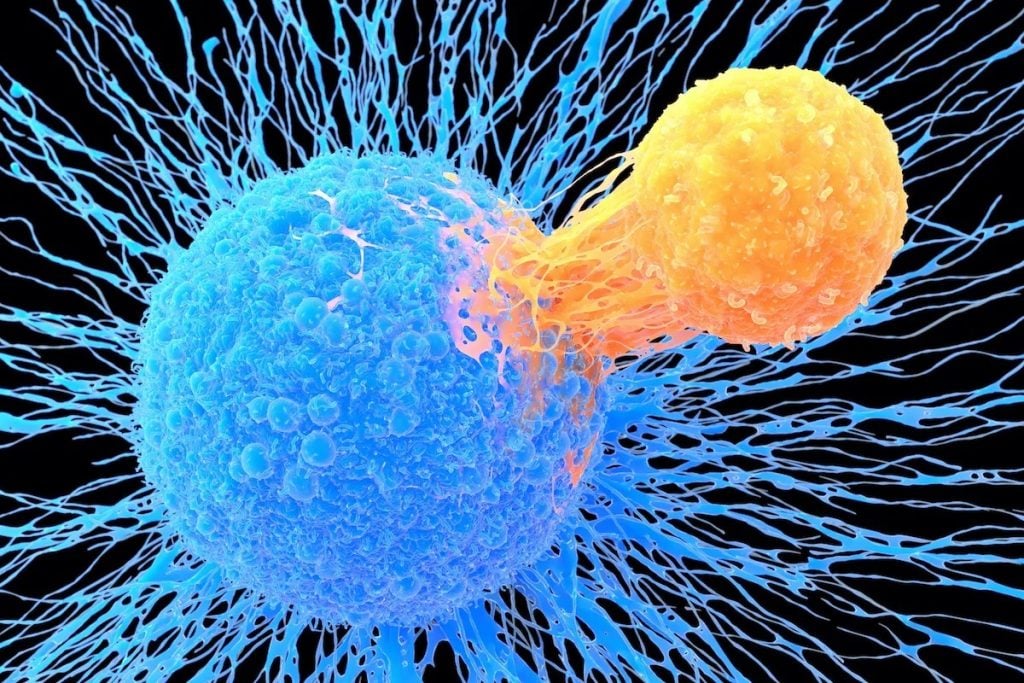
4. How Big Is The Universe?
The vastness of the universe is beyond human comprehension, with billions upon trillions of stars, solar systems, galaxies, and more. Our visible universe’s supposed diameter is 93 billion light-years, leaving us to ponder what lies beyond this cosmic expanse.

5. Mass Extinctions
Earth has witnessed at least five planetary-scale extinction events, ranging from test runs to wiping out over 90% of all species. The causes are often extraterrestrial or linked to massive volcanic eruptions. Some scientists theorize that the planet is currently at risk of another mass extinction, putting over one million species in jeopardy.

6. Black Holes Suck
More mysterious than a conspiracy theorist, black holes are phenomena predicted by Einstein’s theory of relativity. Formed from supernovas, these supermassive entities devour everything, even light itself. While our sun will one day become a black hole, humanity has some time before that eventuality.

7. Radioactive Materials
Radiation, often termed the unseen killer, poses dangers that go beyond our perception. Marie Curie’s groundbreaking research on radioactive materials, though revolutionary, led to her demise. Even her cookbooks and newspapers from the 1890s, casually left on her desk, are considered hazardous and require special protective measures.
These scientific revelations remind us of the unsettling aspects of our natural world and the imperative to approach scientific knowledge with caution and responsibility.


